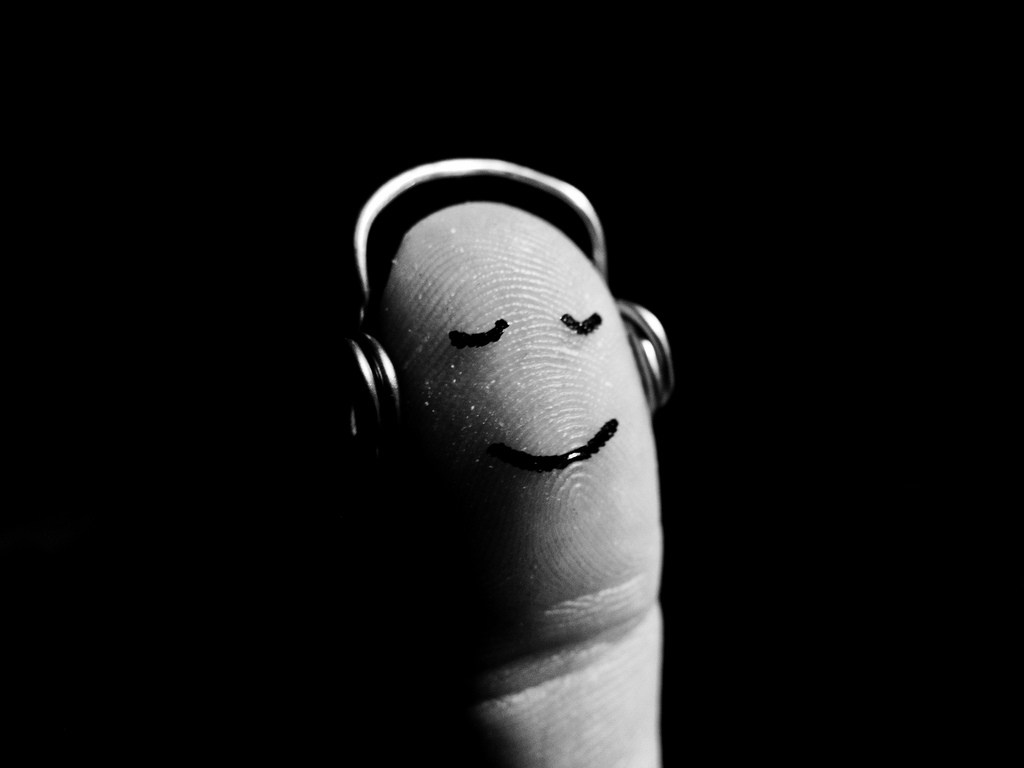September 15, 2025
HATE, DEHUMANIZATION AND CANCEL CULTURE

Photo by Thought Catalog on Unsplash - Image by Val Marion
We are living in a time where disagreement seems less and less tolerated. Where the debate of ideas should be a place for reflection and mutual enrichment, it too often becomes a battlefield where everyone digs in their heels, ready to strike rather than to listen...
- The dehumanization -
Being in disagreement is natural. It is even the engine of progress : if no one challenges anything, societies stagnate. But a worrying phenomenon is spreading : instead of criticizing ideas, we attack people. We reduce them to a label — « enemy », « oppressor », « monster », « new Adolf Hitler », « conspiracy theorist » — and from then on, all nuance disappears. We no longer see a human being, but a symbol to be destroyed.
This is where dehumanization begins : as soon as the other is no longer seen as a person, anything seems allowed — insult, harassment, boycott, shunning… even rejoicing at their suffering, downfall, defeat, or disappearance.
This logic does not liberate… it subjugates. It imposes a climate of fear where everyone must conform or risk being sacrificed in turn.
- The « cancel culture » -
The « cancel culture » is often presented as a form of social justice : removing someone’s tribune/platform, visibility, or credibility if they have said or done something that clashes with our views.
In some cases, it sheds light on toxic or criminal behaviours and seeks to protect victims. But too often, it turns into a public tribunal without process, judge, or jury, where the crowd decides in real time who must be excluded. Facts are not always verified, context is ignored, denial of reality or concrete facts runs rampant. And the possibility of redemption is almost non-existent.
This does not build a fairer society… It installs an insidious tyranny where the crowd makes the law, to the detriment of dialogue and reason. We do not move forward : we regress toward practices of blacklisting that recall the darkest hours of history.
Example : a comedian releases a misunderstood sketch. A 20‑second clip, taken out of context, loops endlessly on social media… and their career collapses within hours. Even after explanations, they no longer have a voice.
- Immediacy -
Social media amplifies this phenomenon. Everything goes fast — too fast. We react in the heat of the moment, we share before checking, we « like» before thinking. And this immediacy creates a climate where it seems safer to stay silent than to risk saying something that could be misinterpreted. It is a form of self‑censorship that impoverishes public debate.
Little by little, we give up our freedom of speech to avoid risk. And by accepting this blackmail, we become a pack of wild animals again, acting by instinct, driven by fear or anger rather than reflection and reason.
Example : someone posts a clumsy opinion. Within hours, they receive thousands of insults and even death threats. The fear of being the next target pushes others to say nothing — even on important topics that require reflection and the exchange of ideas.
- Regaining humanity -
It is urgent to remember that behind every post, tweet, video, or article, there is a human being. A human being who can be wrong, who can change, who deserves to be heard even if we disagree with their opinion or positions — but not annihilated for existing.
We need a culture of dialogue, not a culture of the mob. We need respectful disagreements, room for error and redemption. We need to learn to walk away when something shocks us, rather than seek to destroy — and if it truly incites hatred or violence, then to denounce it.
- For a culture of dialogue -
Conclusions
Hate and dehumanization do not bring us closer to justice — they take us further away from it. The « cancel culture » can sometimes shine a light on wrongdoing, but when used without nuance, it becomes a tool of vengeance rather than a lever of progress.
If we want to build a fairer world, it must start with the rehabilitation of empathy and common sense. With refusing to take pleasure in another’s suffering — even those with whom we profoundly disagree. With the courage to say : « I disagree with you, but I still recognize you as a human being. »
What do you think?
